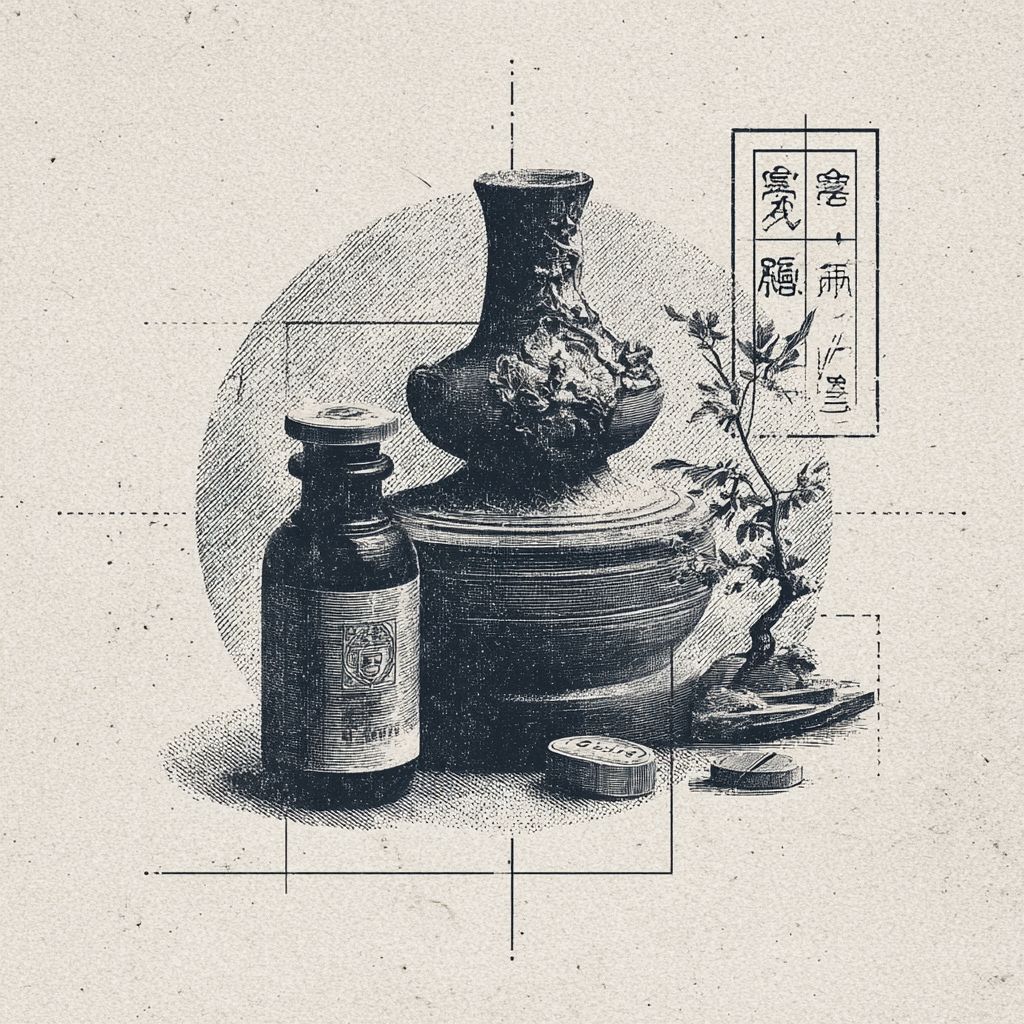Acupuncture, an ancient practice with modern scientific backing, is emerging as a powerful ally in the fight against allergic reactions and skin conditions. Let’s explore how this time-tested therapy can transform your relationship with allergies.
The Science Behind Acupuncture’s Anti-Allergic Power
When tiny needles meet specific points on your body, something remarkable happens beneath the surface. Acupuncture works by modulating your immune system’s overactive response – the root cause of allergic reactions. Research demonstrates that acupuncture treatments can:
Reduce inflammatory mediators like histamine and cytokines
Balance immune cell activity to prevent excessive reactions
Strengthen your body’s natural regulatory mechanisms
Improve circulation to affected areas, promoting healing
The beauty lies in acupuncture’s ability to address the underlying imbalance rather than merely suppressing symptoms.
Targeting Your Specific Allergic Challenges
Seasonal Allergies: Reclaiming Your Favorite Seasons
Spring and fall no longer need to be seasons of suffering. Clinical studies show that acupuncture treatments can significantly reduce:
Nasal congestion and runny nose
Itchy, watery eyes
Persistent sneezing fits
Fatigue associated with seasonal allergies
A landmark study published in the Annals of Internal Medicine found that patients receiving acupuncture experienced substantial improvement in seasonal allergy symptoms compared to those receiving conventional treatment alone.
Hives: Calming the Storm Beneath Your Skin
Those raised, itchy welts that appear seemingly out of nowhere respond remarkably well to acupuncture’s regulatory effects. The treatment helps stabilize mast cells – the immune cells responsible for releasing histamine that causes hives to form and persist.
Food Allergies: Building Tolerance Naturally
While acupuncture shouldn’t replace emergency medications for severe food allergies, research indicates it can help reduce the severity of reactions and improve overall tolerance to problematic foods when used as part of a comprehensive treatment plan.
What to Expect During Your Acupuncture Journey
Your treatment experience begins with a thorough consultation where your practitioner maps your unique allergic patterns. Here’s what the process typically involves:
Initial Assessment Phase:
Detailed discussion of your allergy triggers and symptoms
Examination of your tongue and pulse (traditional diagnostic methods)
Development of your personalized treatment plan
Treatment Sessions:
Ultra-fine needles (thinner than a human hair) are inserted at specific points
Sessions typically last 20-30 minutes
Most patients find the experience deeply relaxing
Frequency varies but often starts with 2-3 sessions per week
Progressive Relief:
Many patients notice improvements within 3-4 sessions
Optimal results typically emerge after 8-12 treatments
Maintenance sessions help sustain long-term benefits
The gentle nature of acupuncture makes it suitable for adults and children alike, offering a family-friendly approach to allergy management.
The Research Speaks: Evidence-Based Results
Scientific validation continues to strengthen acupuncture’s position in allergy treatment. Key research findings include:
A systematic review of 13 randomized controlled trials demonstrated significant improvement in allergic rhinitis symptoms
German studies involving over 5,000 patients showed acupuncture’s effectiveness for seasonal allergies
Laboratory research confirms acupuncture’s ability to modulate immune responses at the cellular level
These studies consistently show that acupuncture not only reduces symptoms but also decreases the need for antihistamines and other medications.
Explore Clinical Research Database →
Beyond Symptom Relief: Holistic Healing
Acupuncture’s benefits extend far beyond allergy management. Patients frequently report:
Improved sleep quality (no more nighttime congestion)
Enhanced energy levels (freedom from allergy-induced fatigue)
Better stress management (reduced anxiety about allergic reactions)
Stronger overall immunity (fewer colds and infections)
This comprehensive approach addresses the whole person, not just isolated symptoms.
Making Acupuncture Work for You
Success with acupuncture requires the right approach and realistic expectations. Consider these factors:
Choosing Your Practitioner:
Seek licensed acupuncturists with allergy treatment experience
Look for additional training in immunology or dermatology
Ask about their success rates with your specific conditions
Timing Your Treatment:
Start before allergy season for preventive benefits
Continue treatment during acute episodes for symptom management
Consider maintenance sessions for long-term control
Integration with Conventional Care:
Inform all healthcare providers about your acupuncture treatments
Acupuncture complements rather than replaces emergency medications
Work with your allergist to monitor progress and adjust medications as needed


